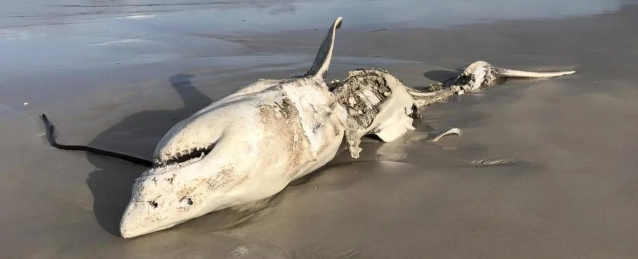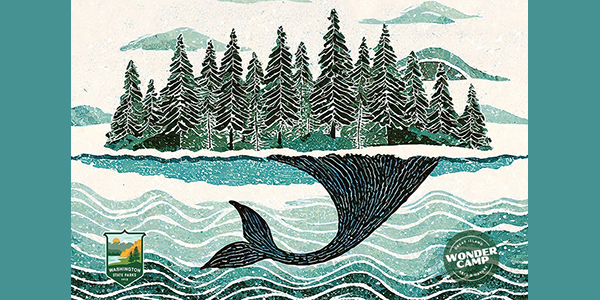||| FROM SCIENCE ALERT |||
There is no sea creature whose name inspires terror – rightly or wrongly – as much as the great white shark.
With its sleek body optimized for hunting, its sharp teeth, and its (somewhat undeserved) reputation for enjoying human flesh, the great white (Carcharodon carcharias) is widely regarded as one of the ocean’s top predators.
And that’s true, it is – but there’s something even the great white fears.
Since 2017, scientists have documented that the sharks have made themselves extremely scarce off the coast of South Africa, where they usually congregate. Initially, the strange disappearance was blamed on human activity, such as overfishing.
But research has confirmed in detail the true culprit: a pair of orcas (Orcinus orca), hunting the sharks and slurping out their delicious, nutritious, vitamin-rich livers.
Once upon a time, the fishing town of Gansbaai on the South African coast was something of a mecca for shark-spotters – so heavily populated with the predators that nearby Dyer Island is considered the great white shark capital of the world.
Over the last few years, however, the sharks’ presence has been diminishing.
In addition, since 2017, at least eight great white sharks have washed ashore at Gansbaai, several of them missing livers (and some without their hearts) – the hallmark of an orca attack.
The wounds on these sharks are distinctive, and have been traced to the same pair of orcas. It’s likely, scientists believe, that the pair are responsible for many more great white deaths that haven’t washed ashore.







